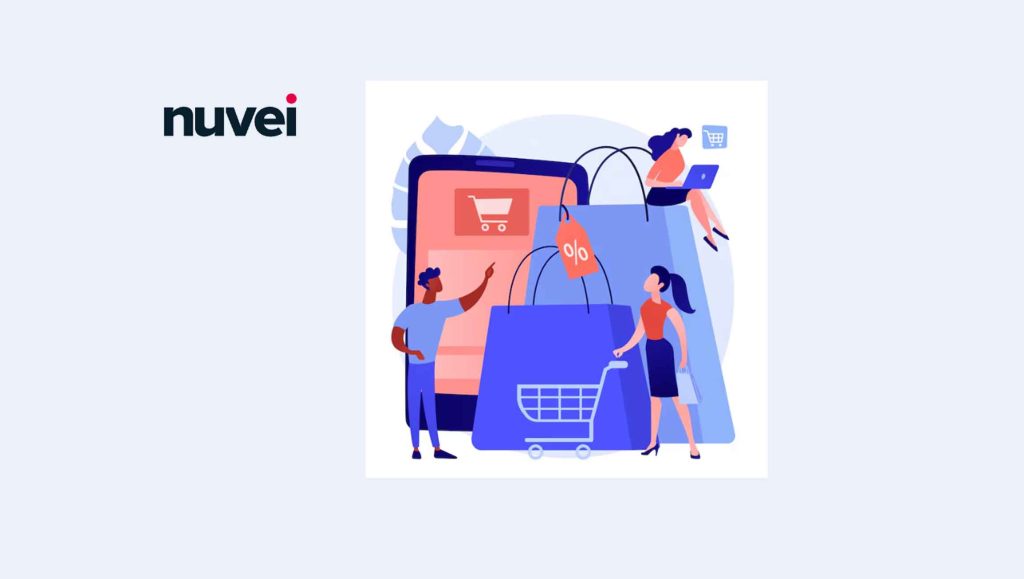Selling has become a lot more mechanical, a lot more automatic and as a result, many sales reps lose OPPORTUNITIES!
Technology can help solve most problems that sales teams deal with. AI, in particular, can help sales teams in securely capturing, storing and analyzing your team’s calls and meetings with measurable insights. We spoke to Joe Caprio, VP Sales at Chorus.ai to learn about his personal journey into sales and the emerging sales technologies that he finds compelling to work with.
Tell us about your journey in sales. What attracted you to join Chorus?
I started as a manufacturing rep, traveling around New England doing face to face meetings, steak dinners, and box seats. My move to sales came after a long time in the field so there were a lot of things I had to re-learn, such as social selling or why everyone stops working at 3 pm to play ping pong.
Many skills that I used to rely on that I no longer had access to, like mirroring or eye contact and the personal relationships were harder to develop. As I looked around at my peers, I realized I was the only dinosaur that had grown up in the field. These kids didn’t even know what they were missing! Selling has become a lot more mechanical, a lot more automatic and as a result, many sales reps lose OPPORTUNITIES!
I was attracted to Chorus because it helps human beings be better at their jobs and instills in them the face-to-face skills that are missing from so many sales teams. Knowing that sales reps just starting out can quickly learn the ropes and find success using the same skills I did is fulfilling – customers and sellers are happy and that’s not a bad thing.
What is Chorus.ai for sales and how different is it from other AI-tech companies?
Chorus is the technology that bridges the gap between your telephone, screenshare software and your CRM. If CRM was invented today instead of 30 years ago, we would have designed it entirely differently. We no longer work with pen and pad and technology has advanced dramatically, yet many businesses, especially their sales reps, have failed to advance with it.
While HubSpot pumps data into Salesforce.com and Outreach helps you track your emails, there are very few companies that help people track and better understand their phone calls and screen sharing.
What information is actually being collected and analyzed when employees and their customers have conversations?
This is where Chorus.ai comes in for sales.
The biggest difference between us and other AI companies is that we are not just promising to deliver results. We are a tactical product that has very clear use cases that exist within the workflows your reps and managers already have. Using Chorus.ai results in clear sales benefits even after a short use time.
How different is selling AI products compared to other technologies, for instance, SaaS and Cloud?
Selling AI is a blessing and a curse. It’s great because companies want to write about us and people want to try our projects out and it’s a curse because people get distracted by AI. The conversations are not always about business outcomes or about driving an ROI. Sometimes people simply want to interact with a fancy AI-driven chatbot and do not understand what sophisticated algorithms can achieve.
How do you leverage AI and automation at Chorus?
We use AI extensively at Chorus and we built our entire onboarding program internally. We bring in new reps with a fully built out list of best practices with real examples and utilize automatic notifications, including competitor names on a first call, discount mentions in the last call, and customers expressing frustration during onboarding. It is all shipped automatically to the team for remediation. At the end of the day, we’re turning a live conversation into text and then organizing that text into specific categories using AI. Chorus.ai is rooted in AI and machine learning.
Which sales tech automation and tools do you use? How do they make your work easy?
People will occasionally poke fun at me because I stump for the same products every chance that I get.
I love Datafox, Drift, InsightSquared (is2) and I will never live a day without Outreach or Zoom. I don’t mean to dismiss anything else that is out there.
I believe in products that I am familiar with or have been able to trust in the past; those are the ones that end up working for me best today.
What’s more helpful is that those products are the most common choices for our target customers too. It is the B2B SaaS/high-tech company-preferred tech stack. Our customer base is also our partner community, we work together and we serve the same customer list. We’re fully aligned and our products compliment each other.
Tell us about the core tenets of your sales management strategy. How does it empower your sales teams to deliver on the performance targets?
For strategy or methodology, I grew up on Sandler and then consumed Challenger when I switched to tech sales. I am a firm believer in a consultative, solutions-focused process where you’ve been there before and your customer maybe has less experience in the matter. Your job is to help your customer solve their problem.
The newest movement around a customer’s journey is my favorite thing of all time. I believe Jerry O’Shea from is2 said it best: “if I remove myself from the equation and pretend that the only person left is the customer, then everything that I do will be to help him or her to get the job done. By using this philosophy, I am truly operating by using a buyer-centric approach.
What are the major pain points for sales-driven companies in leveraging programmatic technologies for their own benefits?
It’s a constant struggle between structure and agency. Lock down the talk tracks, lock down the email templates and you’ll prevent embarrassing misfires. You might also prevent ingenuity from your reps. So it’s important to find a balance that allows the tech to help your employees and maximize their talents, instead of trying to replace them.
What are your predictions and observations on the “Role of Chatbots and AI Conversations” influencing sales journeys?
It’s not a fad. It’s not going away. What Ben Sardella at Outboundworks or Dave Gerhardt at Drift is doing is truly amazing to watch. We’re going to continue to automate root tasks and enable humans to be better at their jobs until we’re all selling like Iron Man. The best teams are going to be the ones that are able to really empower their teams to be selling superheros.
How is the ad tech industry in the US different from its European counterpart?
I think everything is different in the US when compared to the EU. Fundamental principles of selling are the same, but the landscape is different. You have got to either have a real process or hire peple with real experience in that community or you’ll always lag behind the vendors that do.
How do you prepare for an AI-centric world as a sales leader?
I just try and stay up on it as much as I can so I do not fall behind. Beyond that, I hire really smart and driven people and I force myself to keep an open mind to new ideas, practices, and technologies. Luckily, I have worked hard enough in my life to be less tactical and more strategic. My job is to make sure whatever gadgets we are evaluating will lead to a business outcome. I don’t have to actually understand exactly how the new product will work.
Which events and webinars do you most occasionally attend and why?
I love Sales hacker and David Skok. I already mentioned Sandler and Challenger, but they are definitely worth mentioning again. I think MSP in San Francisco are doing amazing work. Pete Kazanjy deserves a lot of credit for what they’ve built and I think Chris Ortolano is a name that a lot of people don’t’ talk about as much as they should.
Your advice to salespeople in the ad tech industry
Well here comes the old man yelling at the clouds quote. Don’t be so quick to get noticed for the sake of getting noticed. I think LinkedIn can sometimes be a dangerous weapon for people that are learning the hack tricks to get shares and views but maybe we should spend a little more time on adding value to our messages instead of adding views to our posts.
Tag a person whose answers to these questions would like to read from the industry?
Rob Perez or David Gerhardt from Drift, Ben Brockland or Bastian Janmaat from Datafox, Will Larkin or Ray Carroll from Engagio, Neil Scott and Matt Roy from Insightsquared, Greg Holmes at Zoom, Charlie Besecker at Qualtrics, Jon Hill at Energage, Steve Mckenzie and John Davagian at Salsify, Ben Solari or Evan Robinson at Datarobot, Matt Belitsky here at Chorus.ai, Ithink Heather Mason at Salesforce.com always has interesting things to say. Bryan Stevenson and the whole team at Catalant are doing real work. Mark Kosoglow/Manny Medina at Outreach, Niels Kvaavik at truly, Ryan Arnet at Docsend, Saket Kumar, Alex Jaffe at procore-he runs sales enablement, Chris Ortolano.
Would you like to be recommended or participate in an event as a Speaker that we partner with –
see above 🙂




















